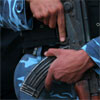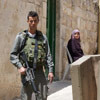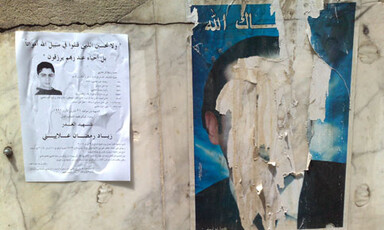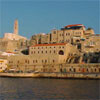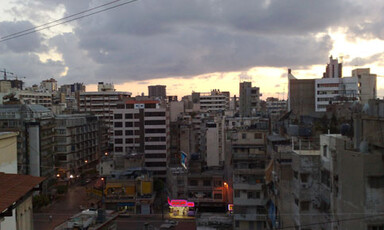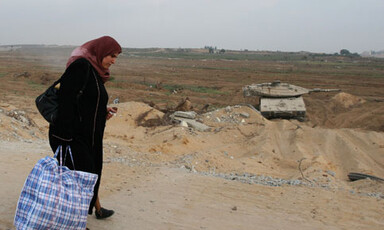
Forget the two-state solution
12 May 2008
There is no longer a two-state solution to the Israeli-Palestinian conflict. Forget the endless arguments about who offered what and who spurned whom and whether the Oslo peace process died when Yasser Arafat walked away from the bargaining table or whether it was Ariel Sharon’s stroll through the al-Aqsa Mosque in Jerusalem that did it in. Saree Makdisi comments. Read more about Forget the two-state solution
